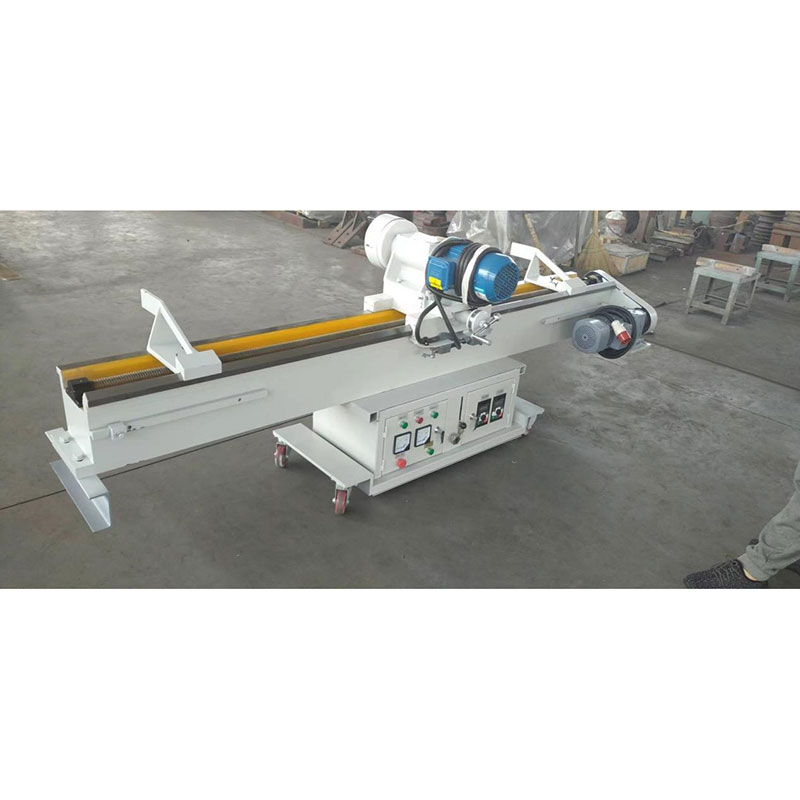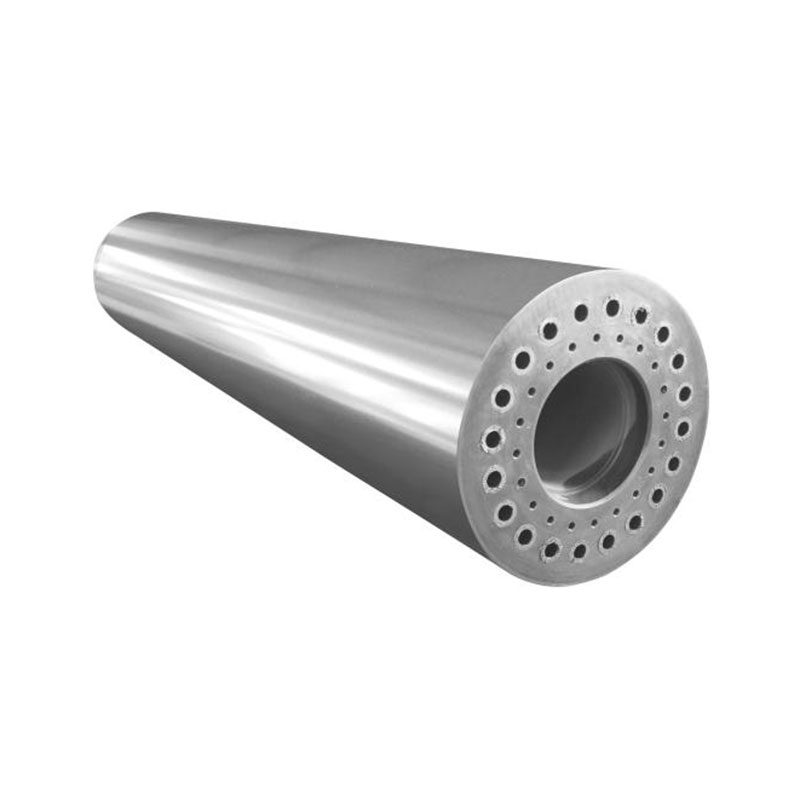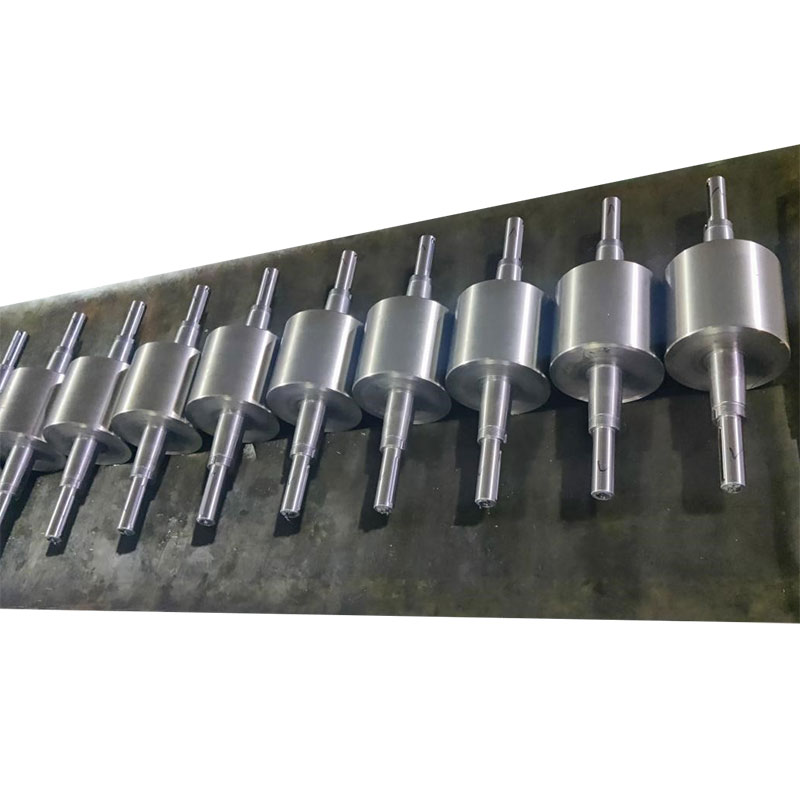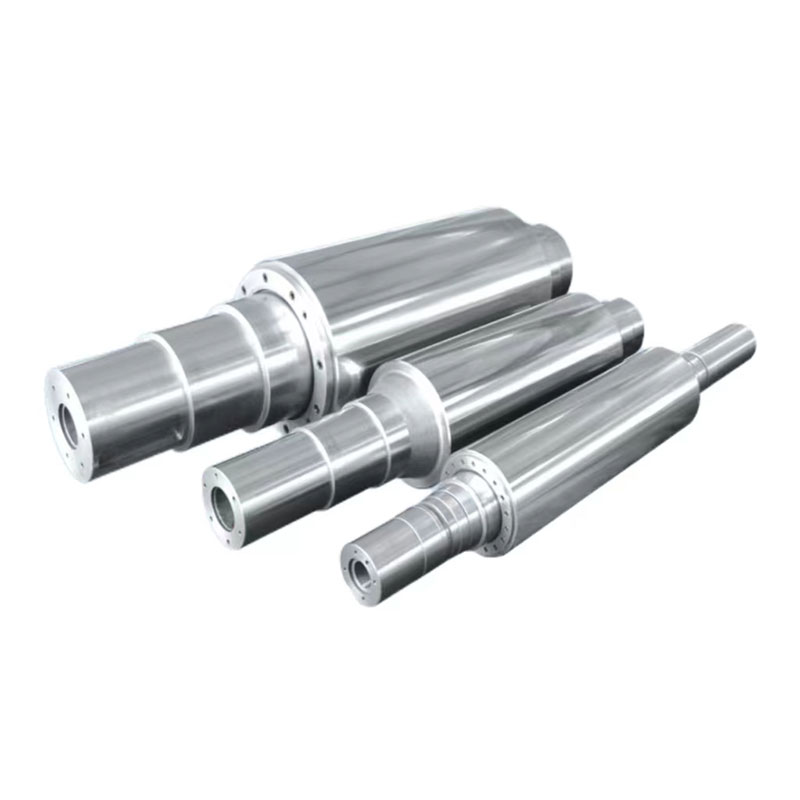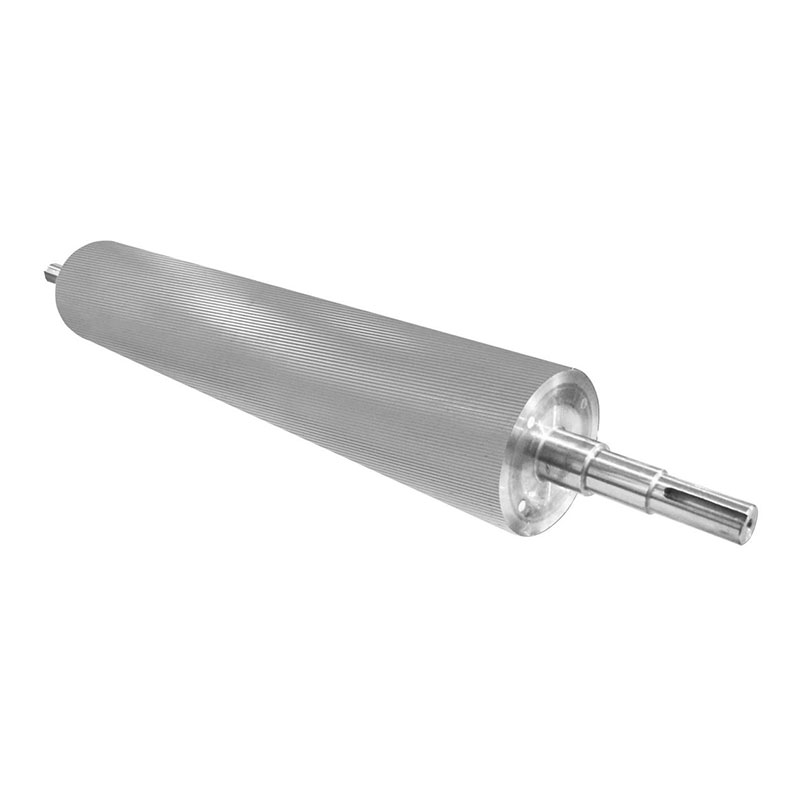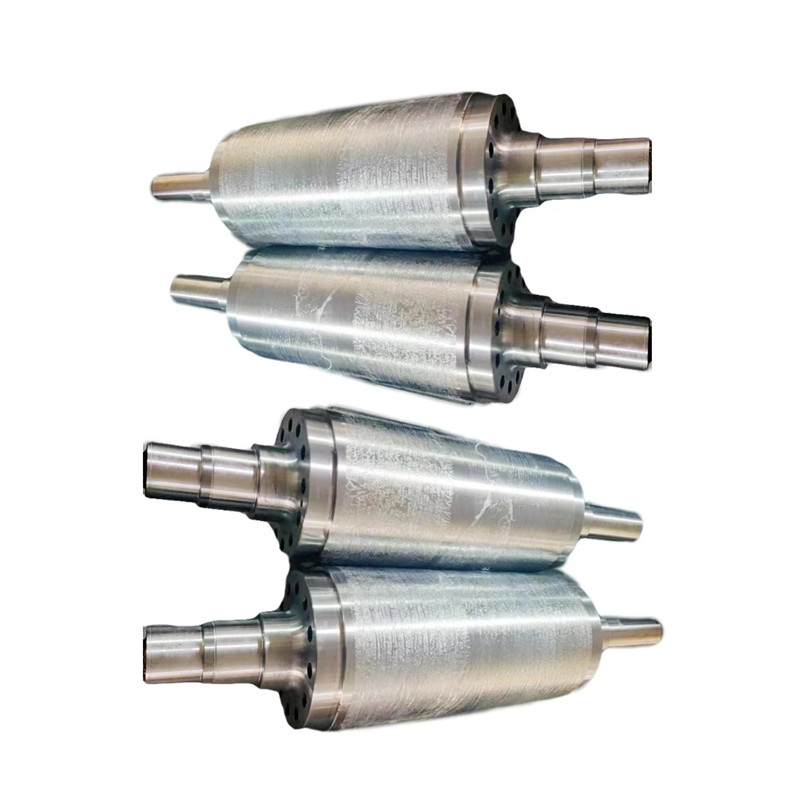Alloy Roller Shell
Product Description
Roll shells for various machines are one of our company's main products. The outer surface of the roller body is made of high-quality nickel chromium molybdenum alloy, melted in an electric furnace, and cast using a composite centrifugal casting process, which is finely processed. The surface of sleeve rollers has the characteristics of high hardness, good wear resistance, and durability, which are best-selling in China and exported to more than 30 countries and regions, winning the recognition of our customers.
Roller shells are cylindrical components used in rolling mills and other industrial applications like mining and construction. They are fitted over rotating shafts.
Alloy roller shells are made from alloy steels rather than regular carbon steel to provide improved mechanical properties. Common alloys used are chromium-molybdenum and nickel-chromium.
Key benefits of alloy steels are higher strength, hardness, wear resistance, and toughness compared to plain carbon steel roller shells. This allows them to withstand heavy loads and use in high impact environments.
Typical applications include rollers used in steel mills, mining conveyors, crushers, rotary kilns, and large construction equipment. The alloy shells provide durability in harsh operating environments.
Advantages
Increased strength and hardness - Alloy steels have higher tensile and yield strength compared to plain carbon steel, allowing them to withstand heavier loads without deforming. The addition of alloying elements also increases hardness.
Wear resistance - Alloys like chromium and nickel improve the wear resistance of roller shells. This allows them to better resist erosion, abrasion and mechanical wear from contact with materials being processed.
Fatigue strength - Alloys enhance fatigue strength, enabling alloy roller shells to endure cyclic stresses and rotating loads without cracking or failing prematurely. This gives them a longer service life.
Main Technical Parameter
|
Main Technical Parameter |
||||
|
Diameter of Roll Body |
Length of Roll Surface |
Hardness of Roll Body |
Thickness of Alloy Layer |
|
|
200-1200mm |
200-1500mm |
HS66-78 |
10-55mm |
|
Product photos





Package lnformation








